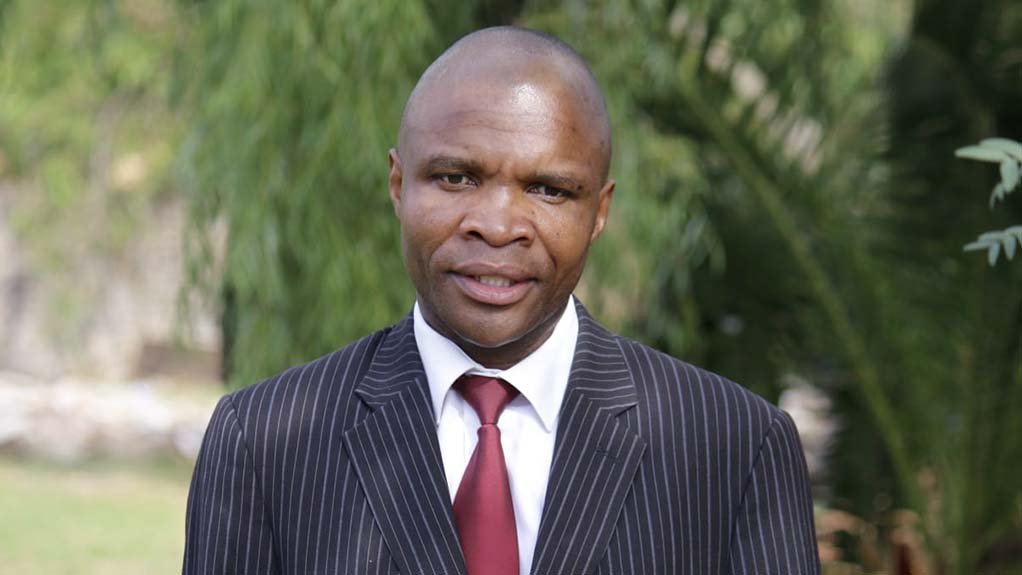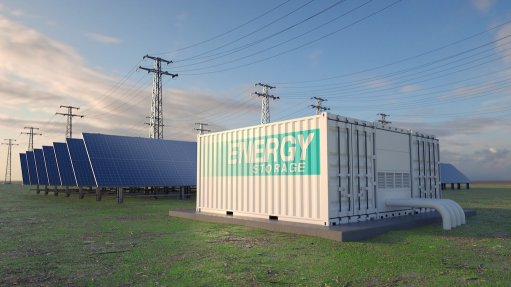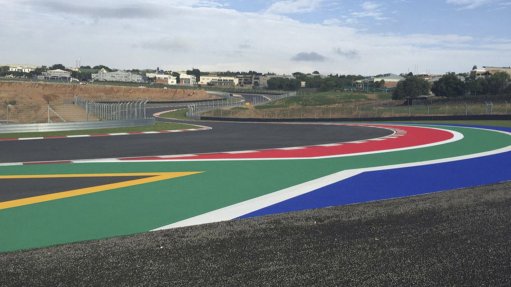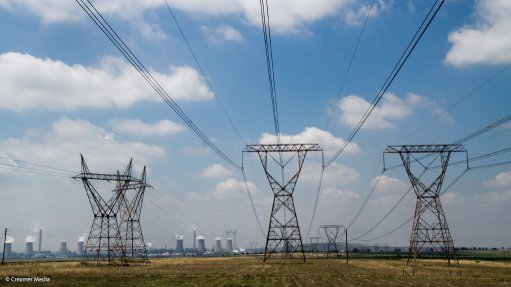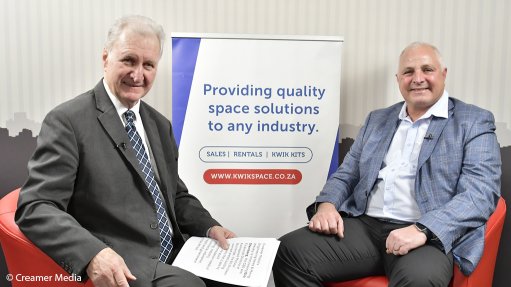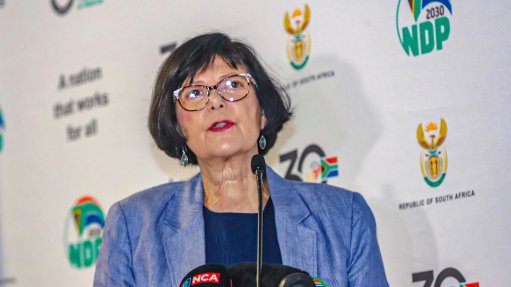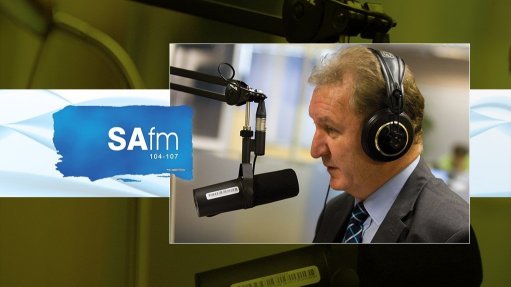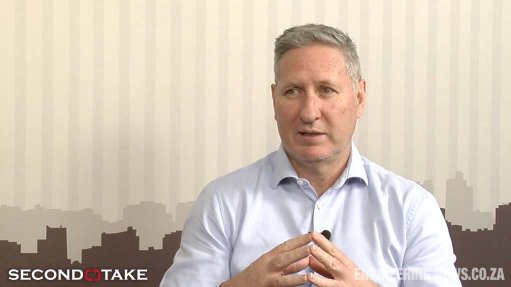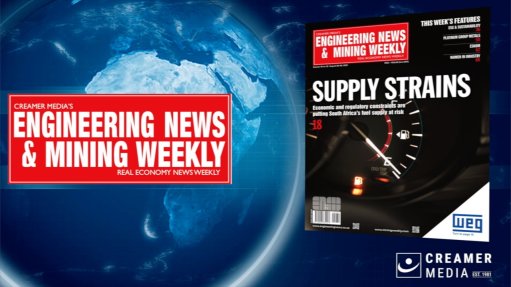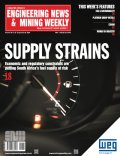Opinion: Economy heavily dependent on freight rail demonopolisation, passenger rail devolution
The pragmatism of the National Logistics Crisis Committee (NLCC) can yield an innovative complementary funding model for freight and passenger rail networks in South Africa, writes Infrastructure Finance Advisory Institute director Bongani Mankewu.
By design, railways serve two purposes – commerce (freight) and social (passengers). Therefore, a complementary funding formula is necessary for these assets' long-term operational sustainability. Despite the Government's continuous oversight of Transnet and the Passenger Rail Agency of South Africa (PRASA) both have not been very efficient in their operations. Therefore, they have not been able to accumulate the efficiency gains needed to grow the economy.
Investment in a railway is generally determined by the amount of traffic. This may be an indicator of cargo discoveries or ridership statistics for passenger trains. To prevent political quirks that can lead to expediency, careful cash flow estimation is needed when evaluating these numbers for the bankability of a railway project to curb any possible rent-seeking opportunity. Governance inconsistencies in railways arise from Transnet's monopolistic nature and PRASA's centralisation under national governments' reckless oversight. At the expense of society and the economy, corruption and inefficiency are fostered by the present situation.
In the midst of these evident governance failures, Transnet signed contracts worth more than R50-billion with four international suppliers to purchase 1064 locomotives for its Transnet Freight Rail operation. Transnet praised this procurement as the largest private investment in infrastructure, only to discover it was a trough for rent-seekers.
As one of the key engines of economic growth, the railway industry is key to the success of every country, so inappropriate contracts often lead to catastrophes. Demonopolizing Transnet would enable heightened competitiveness and efficiency gains from other parties, which is in the interests of all parties. The monopoly of Transnet poses a risk; otherwise, should Transnet be competitive, delivery and finance might not present a problem since traffic demand dictates the cash flow needed to make the railway projects bankable.
The newly formed NLCC must address several challenges. Particularly, they must develop appropriate regulations for public-private partnerships (PPPs) and the structure of concessions for railways.
Devolving passenger rail into a metropolitan system and having it controlled at the metropolitan level is appropriate and essential, with all shreds of evidence the City of Cape Town is ready for such innovations. As of now, PRASA is unsustainable and poses economic harm to society, which compromises any complementary financing formula for freight and passenger railways.
Through the expected NLCC's pragmatism, railway infrastructure must be realised symbolically with rolling stock. This will contribute to seamless logistics given that the City of Cape Town has indicated its readiness for devolution. Railways can thus contribute significantly to industrializing the South African economy through technological developments.
The demonopolisation of Transnet, the structuring of concessions, the appropriate regulation of PPP, and the devolution of passenger rail can all result in an innovative complementary funding model for freight and passenger rail networks in South Africa.
Comments
Announcements
What's On
Subscribe to improve your user experience...
Option 1 (equivalent of R125 a month):
Receive a weekly copy of Creamer Media's Engineering News & Mining Weekly magazine
(print copy for those in South Africa and e-magazine for those outside of South Africa)
Receive daily email newsletters
Access to full search results
Access archive of magazine back copies
Access to Projects in Progress
Access to ONE Research Report of your choice in PDF format
Option 2 (equivalent of R375 a month):
All benefits from Option 1
PLUS
Access to Creamer Media's Research Channel Africa for ALL Research Reports, in PDF format, on various industrial and mining sectors
including Electricity; Water; Energy Transition; Hydrogen; Roads, Rail and Ports; Coal; Gold; Platinum; Battery Metals; etc.
Already a subscriber?
Forgotten your password?
Receive weekly copy of Creamer Media's Engineering News & Mining Weekly magazine (print copy for those in South Africa and e-magazine for those outside of South Africa)
➕
Recieve daily email newsletters
➕
Access to full search results
➕
Access archive of magazine back copies
➕
Access to Projects in Progress
➕
Access to ONE Research Report of your choice in PDF format
RESEARCH CHANNEL AFRICA
R4500 (equivalent of R375 a month)
SUBSCRIBEAll benefits from Option 1
➕
Access to Creamer Media's Research Channel Africa for ALL Research Reports on various industrial and mining sectors, in PDF format, including on:
Electricity
➕
Water
➕
Energy Transition
➕
Hydrogen
➕
Roads, Rail and Ports
➕
Coal
➕
Gold
➕
Platinum
➕
Battery Metals
➕
etc.
Receive all benefits from Option 1 or Option 2 delivered to numerous people at your company
➕
Multiple User names and Passwords for simultaneous log-ins
➕
Intranet integration access to all in your organisation



